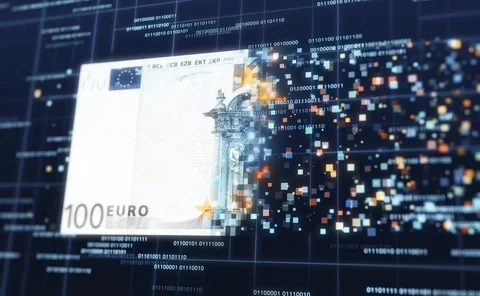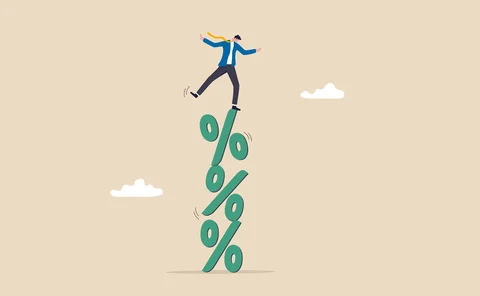
Biagio Bossone
Biagio Bossone is a senior adviser to international organisations (such as the African Development Bank, Bank for International Settlements, International Monetary Fund, Iosco and World Bank), government agencies and financial institutions. He is a former coordinator and expert for the Public Investment Evaluation Unit of Italy’s Presidency of the Council of Ministers, and a former commercial banker and central banker. He has served as an executive director at the World Bank Group, executive board member at the IMF, general accountant and director-general of budget and finance for the government of Sicily, a member of the G10 and European central banking working groups and task forces, head of international payments at the Bank of Italy, an expert for the High-Level Commission on World Bank Reform, and professor at the Universities of Palermo and Salento in Italy. He is (co-)author of several studies on economics and finance.
Follow Biagio
Articles by Biagio Bossone
Why Europe cannot afford to delay the digital euro
CBDC would counter the erosion of sovereignty as cash recedes, substitution by foreign digital monies and weaponisation of access, argue Biagio Bossone and Céu Pereira
Venetian lessons for today’s central bankers
Loose money and lost credibility in 17th century city state provide a cautionary tale about the importance of international investor confidence, argues Biagio Bossone
The ‘EuroLiber’ for depoliticised payments
Biagio Bossone explains how Europe could provide a neutral anchor to support international payments
The weaponisation of payments
Central banks must integrate geopolitical resilience into their payment oversight, argues Biagio Bossone
Towards a new monetary policy framework for the AI age
AI may render the traditional monetary policy toolkit less effective and the familiar rules of engagement obsolete, argues Biagio Bossone
Bailey, the IMF and the fundamental asymmetry problem
The IMF must address sovereign asymmetry and transform surveillance into a tool for mutual accountability, argues Biagio Bossone
The battle for the future of central banks
Inflation-targeting institutions must not simply defend against overt interference, they must also resist a sly erosion of their authority, writes Biagio Bossone
Central banks must rethink how they speak
Communication is critical for effective policy and social media is not merely a channel of communication, it is a space for dialogue, a feedback loop and a reputational battleground, writes Biagio Bossone
Central banks must rethink their accounting treatment of money
Biagio Bossone and Massimo Costa call for money to be accounted for as equity for the issuer and as a public asset for the economy
Rewriting the monetary balance sheet
Biagio Bossone and Massimo Costa write that a new accounting approach is needed for central banks and commercial money in the digital age
US dollar dominance: beyond the ‘exorbitant privilege’
Biagio Bossone argues that dollar ‘seigniorage’ extends into the very structure of global finance and its ‘exorbitant privilege’ is worth up to $804 billion annually
The interest rate dilemma in an uncertain world: a balancing act
Biagio Bossone makes the case for a holistic policy approach that includes extending IT tolerance bands, smart fiscal policies, supply-side reform and financial safeguards











